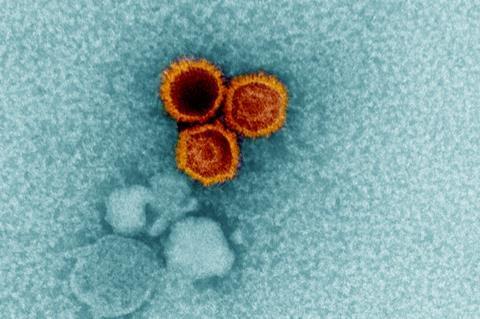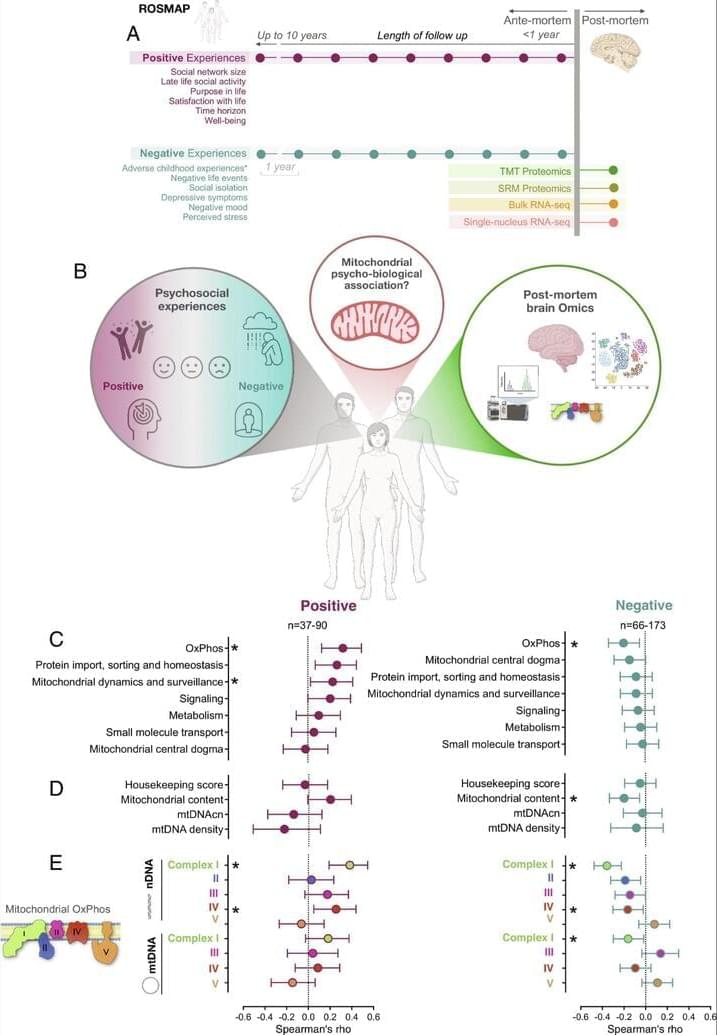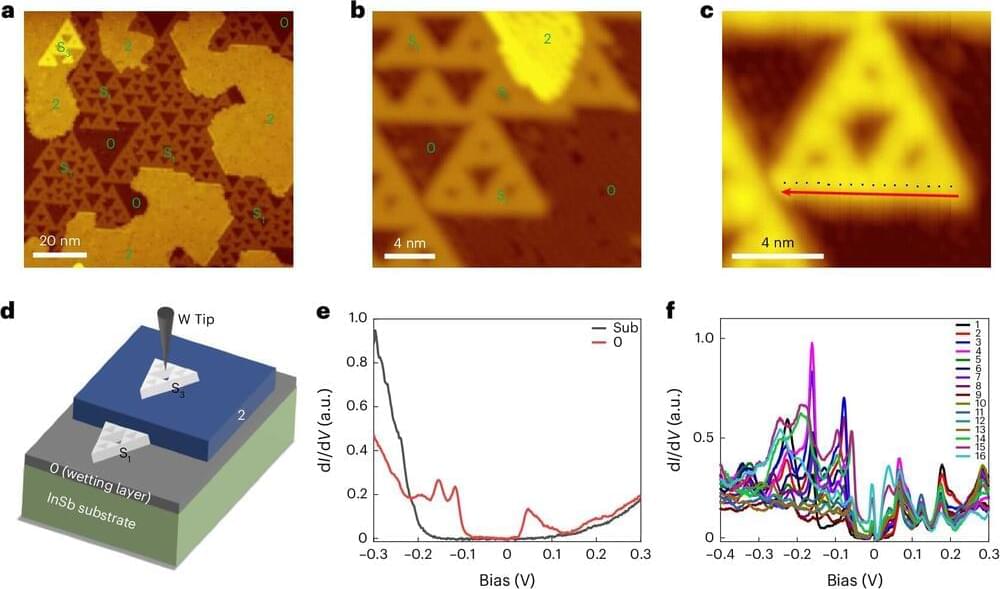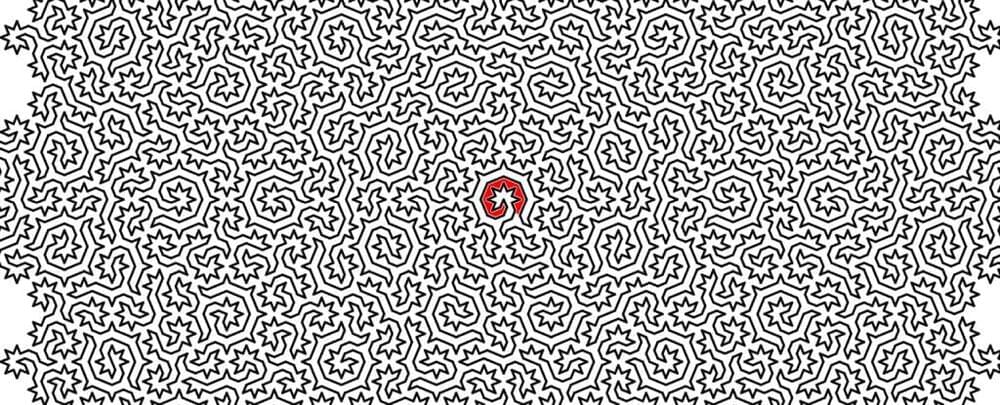The role that Epstein-Barr virus (EBV) plays in the development of multiple sclerosis (MS) may be caused by a higher level of cross-reactivity, where the body’s immune system binds to the wrong target, than previously thought.
In a new study published in PLOS Pathogens, researchers looked at blood samples from people with MS, as well as healthy people infected with EBV and people recovering from glandular fever caused by recent EBV infection.
The study investigated how the immune system deals with EBV infection as part of worldwide efforts to understand how this common virus can lead to the development of multiple sclerosis, following 20 years of mounting evidence showing a link between the two.









